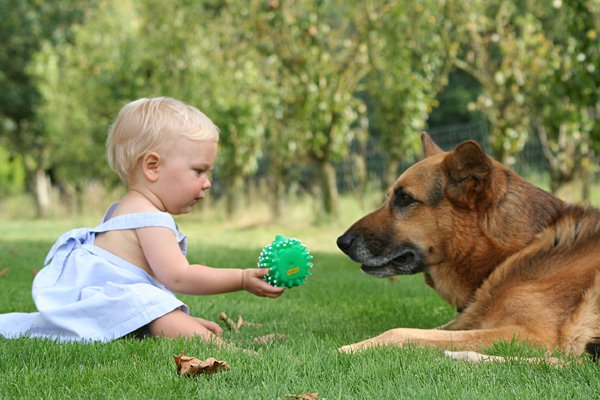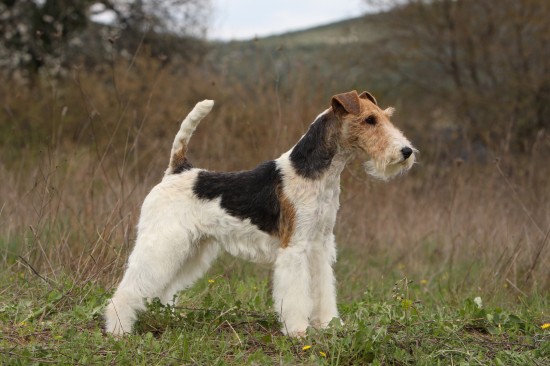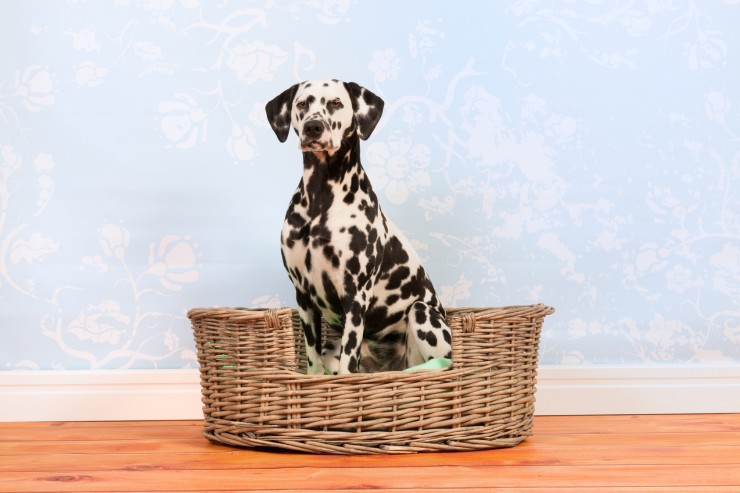

April in the UK is National Pet Month, which is designed to help to raise money for pet and animal charities, encourage animal lovers to support businesses and charities that work with animals, and review their own pet ownership with a view to making small, positive changes that can improve your pet’s health, welfare and comfort levels. The focus of this year’s event is promoting ten top tips for responsible pet ownership, which are of course important for all pet owners and those who may be considering getting a pet.
In this article, we will look at National Pet Month’s top ten tips, and break them down into a little more detail. Read on to learn more!
1. Think carefully before getting a pet and learn about its special requirements.
Buying or adopting an animal is no minor undertaking, and it is vitally important to ensure that you know what you are getting yourself into before you rush out and make a purchase, whether that be a puppy or a goldfish. It is also really important to research in-depth the specific traits and care requirements of the type of animal you are considering-which can vary even from breed to breed with some animals like dogs.
2. Ensure your pet is sociable and well trained.
This tip applies to dogs and their owners, and highlights the importance of making sure that your dog is well trained, obedient and safe around both other people and other dogs. Socialisation is also really important for dogs, and they should be able to play and interact with other dogs safely and comfortably-which can take work.
3. Provide a nutritious and well balanced diet.
Feeding the appropriate diet for your pet of any type is really important, in order to fulfil all of their nutritional requirements, keep them at a healthy weight, and even, extend their lifespan. For some species such as dogs and cats, their nutritional requirements will vary depending on their age and activity levels, and so matching their diet to their life stage is important too.
4. Provide suitable housing and bedding.
Animals of all types need the appropriate shelter, bedding and comforts to keep them safe and comfortable, and what is deemed as appropriate for each species can vary considerably! Researching what is appropriate for the type of pet that you own is vitally important in order to ensure that you accommodate for all of their requirements and keep them safe and happy.
5. Clean up after your pet and worm it regularly.
If you own a dog, cleaning up after they go to the toilet is not only important, it is the law! Leaving dog poop lying around poses a real risk to people who may come into contact with it, and it also spreads worms to other dogs and animals-which is also why worming your dog regularly is so important.
6. Protect against disease. Your vet can provide you with advice.
With the exception of Guinea pigs, most common and popular domestic pets need vaccinations in order to protect them against all of the core transmissible diseases that can be passed to them from other animals of the same species. Find out which vaccinations your vet recommends, and check that your pet is up to date with them!
7. Prevent unwanted litters and neuter your pet when appropriate.
Having your pet spayed or neutered when they are old enough is just as important as vaccinations, in order to prevent unwanted litters and increasing the population of homeless pets.
8. Groom your pet regularly.
With the exception of pets like fish and reptiles, virtually all pets can benefit from regular grooming! Grooming helps to keep their coat and skin in good condition, stimulate new hair growth, and of course, keep your pet clean! Not only this, but by grooming your pet you will soon get to know what is normal for them, which will allow you to identify any problems in the making early on.
9. Control your pet and ensure it is properly identified.
From April 2016, all dogs in the UK must be microchipped and reflecting up-to-date keeper details, or fall foul of the law! Microchipping is recommended for all other pets too, as it can help to ensure that they get back home safely if they wander off or get lost. Collar tags of course make this easier, and keeping your dog under control and supervise to keep them wandering off is important too.
10. Take out pet insurance for dogs, cats, rabbits and horses to cover against unexpected veterinary fees and third party liability.
Pet insurance means that you can afford to get the best care for your pet when they need it, and you will never have to worry about covering the cost of emergency care if something should go wrong. Insurance is also important for dog owners in particular, as third party liability cover will protect you if your dog hurts or injures another person or animal.
 Pet Urns for Cats
Pet Urns for Cats
Cats are beautiful creatures
Pet Urns for Cats
Pet Urns for Cats
Cats are beautiful creatures
 Fox Terrier Hereditary Health And Genetic Diversity
Fox Terrier Hered
Fox Terrier Hereditary Health And Genetic Diversity
Fox Terrier Hered
 Choose the best horse accessories to enjoy the riding
Choose the best horse accessories to enjoy the riding
Choose the best horse accessories to enjoy the riding
Choose the best horse accessories to enjoy the riding
 Where Is The Best Place To Put Your Dog’s Bed?
Where Is The Best
Where Is The Best Place To Put Your Dog’s Bed?
Where Is The Best
 A Guide To Exotic Finches
A Guide To Exotic
A Guide To Exotic Finches
A Guide To Exotic
Copyright © 2005-2016 Pet Information All Rights Reserved
Contact us: www162date@outlook.com